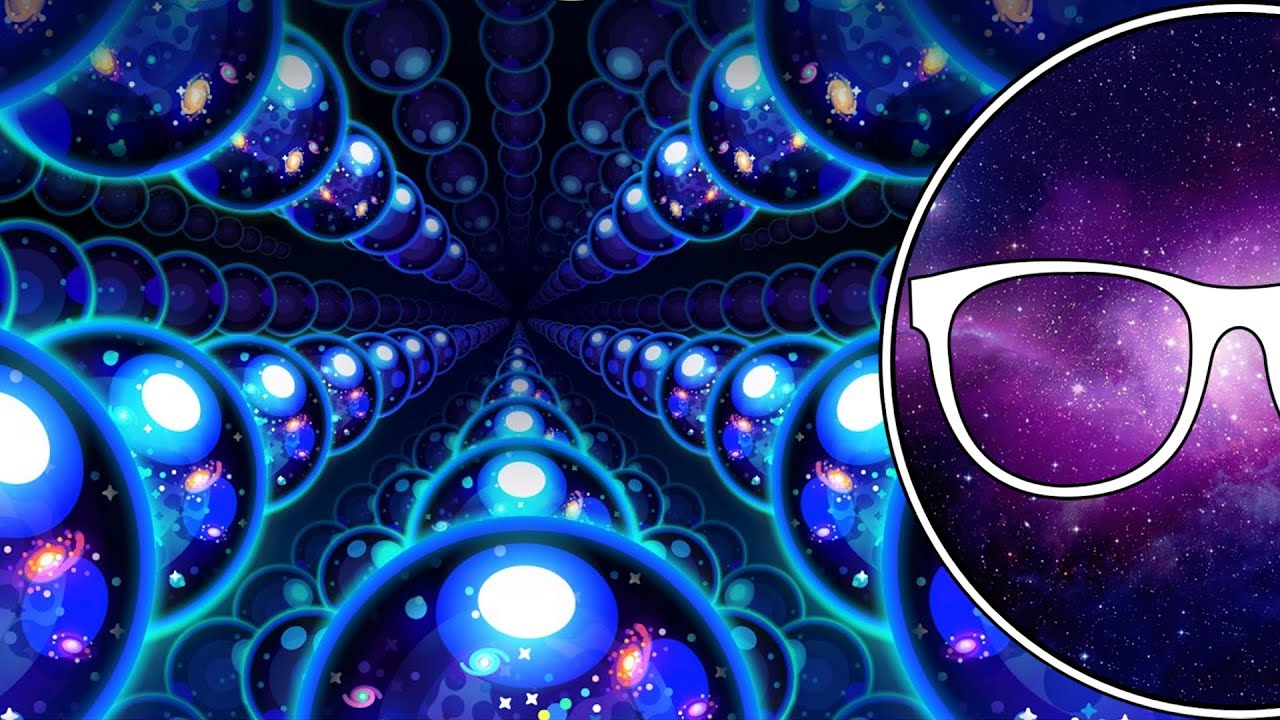In the annals of philosophical and scientific inquiry, few concepts stir the imagination as profoundly as the notion of an infinite universe. The idea that space stretches out endlessly, containing an inexhaustible array of stars, galaxies, and cosmic wonders, challenges our intuition and pushes the boundaries of our understanding. Yet, nestled within this seemingly boundless expanse lies a paradox—one that has captivated thinkers for centuries and continues to intrigue modern scientists: the paradox of the infinite universe.
At its core, the paradox arises from the confrontation between the infinity of space and the finite nature of our observations and comprehension. Humans, confined to a finite realm of perception, are tasked with grappling with the infinite—a task akin to trying to capture the entire ocean within a single drop. As we peer into the depths of the cosmos, we are confronted with the vastness of the universe, stretching beyond the limits of our imagination. Yet, no matter how far we venture, we find ourselves surrounded by the uncharted territories of the unknown.

One facet of the paradox lies in the sheer immensity of the universe. Modern cosmology tells us that the observable universe—the portion of space visible to us—extends billions of light-years in all directions. Beyond this observable horizon lies a realm shrouded in darkness, where light has yet to reach our eyes. In this vast expanse, countless galaxies, each containing billions of stars, dance across the canvas of the cosmos. Yet, even as we marvel at the grandeur of the observable universe, we are forced to confront the unsettling realization that it represents but a tiny fraction of the entirety of space.
The concept of infinity introduces another layer of complexity to the paradox. Infinity, by its very nature, defies comprehension. It transcends the bounds of finitude, eluding our attempts to grasp its full extent. In the infinite universe, there are an infinite number of stars, an infinite number of galaxies, an infinite number of possibilities waiting to be explored. Yet, paradoxically, our finite minds are ill-equipped to fully grasp the infinite, leaving us with a sense of awe and wonder in the face of the unknown.
The paradox deepens when we consider the implications of infinity on the nature of existence itself. If the universe is truly infinite, then every conceivable configuration of matter and energy must exist somewhere within its boundless expanse. This notion gives rise to the concept of the multiverse—a vast ensemble of parallel universes, each with its own unique set of physical laws and constants. In such a multiverse, every conceivable variation of reality is realized, from worlds teeming with life to barren wastelands devoid of even the faintest glimmer of light.
Yet, for all its tantalizing possibilities, the concept of the multiverse raises profound questions about the nature of reality and our place within it. Are we but fleeting inhabitants of a vast cosmic landscape, destined to wander the corridors of infinity for eternity? Or does our existence hold deeper meaning, rooted in the mysteries of the cosmos?
Ultimately, the paradox of the infinite universe serves as a testament to the boundless nature of human curiosity and the insatiable drive to explore the unknown. As we gaze into the depths of the cosmos, we are confronted with a universe that transcends our comprehension, inviting us to ponder the mysteries that lie beyond the horizon of our understanding. In the face of the infinite, we are humbled by our own insignificance, yet emboldened by the boundless possibilities that await us in the uncharted realms of space and time.
In the end, the paradox of the infinite universe reminds us of the profound beauty and complexity of the cosmos—a beauty that transcends our understanding and beckons us to journey ever deeper into the heart of the unknown. As we stand on the shores of infinity, we are reminded that the universe is not merely a collection of stars and galaxies, but a living, breathing entity, pulsating with the rhythms of creation and destruction. And in our quest to unlock its secrets, we embark on a journey that will forever redefine our place within the cosmic tapestry of existence.